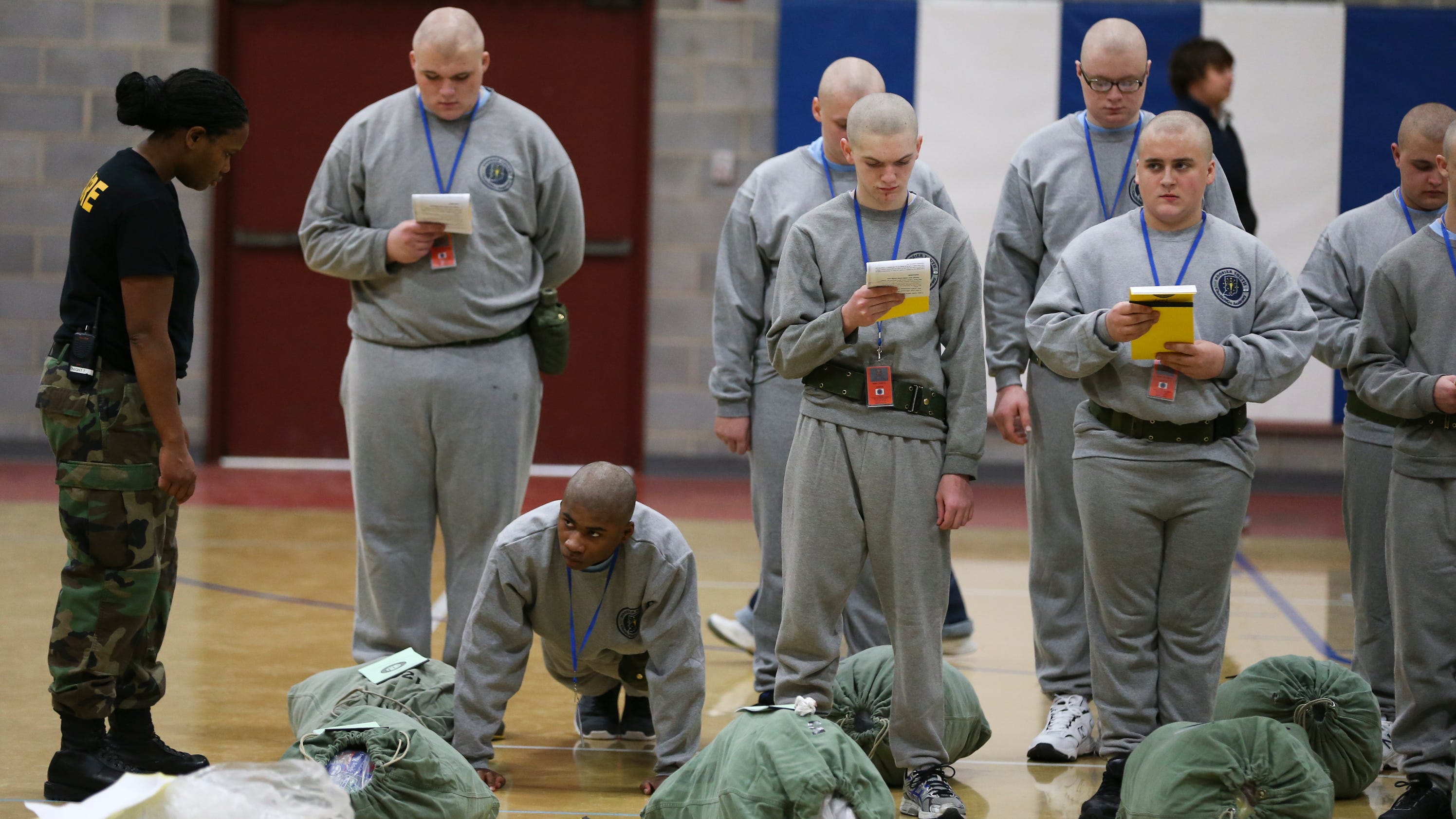

Troubled kids are given or put into challenges and adversities that are therapeutic in nature and life-enhancing and which they can learn lessons from it an example would be helping build a fence around an orphanage or tree planting, or any similar activity which campers can learn lessons from. Therapeutic youth camps rely mainly on positive experience to elicit behavior change. These camps employ a different treatment model that hardly has anything in common with teen boot camps. Teen boot camps have successfully been used in treating troubled children the camp’s rigid discipline, structure, and training have been noted to help children regain control of their lives, strengthen their spirit and resolve and break anger and defiant issues in them.Īnother type of tough love camp is the therapeutic youth camp, which more recently has been gaining in popularity as an alternative to boot camps. Modeled after military recruit training camps, teen boot camps employ military-style discipline, structure, and in-your-face trainers to rapidly instill control, compliance, and obedience to its campers. These programs for troubled teens are based on experiential education and behavioral models and on the philosophy that in order to help a teenager who is getting in a lot of trouble, he needs to be treated sternly and harshly with the intent to help him or her in the long run.Ī teen boot camp is a prime example of a tough-love camp. Monitor the facility you should be able to drop in unannounced, although some facilities request a short period where there is no contact from you.For the past 10 years, tough love camps have grown in tremendous popularity as a leading treatment for troubled children. Know the therapeutic program the facility uses it could be a wilderness camp or a behavioral modification center, for example. He offered advice to parents to help them choose the best one: Contact your state regulatory agency to review the facility’s history. Phil” show, says that most residential treatment centers are good, but there are some bad ones. Many boot camps have morphed into what are called “residential treatment centers.” Dr. Harlan Bixby, an expert on the effects of fluids on the body, told the “Pasadena Star-News” that making kids drink water to the point of vomiting could be fatal. Joyce Burrell, director of the juvenile justice program for American Institutes for Research, said in the “Pasadena Star-News” that some programs are "no better than leaving children alone," and that they don't have a "long-lasting impact on children." And Dr.

The “Pasadena Star-News” reported on a local boot camp where staff practiced cruel punishments such as “smoking” - making kids drink water until they vomit - berating kids until they cry, kicking kids and holding them on the ground using their knees 3. Not all boot camps are created equal and some can be dangerous. Boot camps kept the kids more active, provided more therapeutic programs and exposed them to less danger from other residents. But the kids felt better prepared for release into the community after being in boot camp than after spending time in a correctional facility. The major complaint was fear of boot camp staff and less freedom. The majority of kids reported liking boot camps better. Most of the juveniles - in this case, black and white 16-year-old males - had spent time in boot camps and correctional facilities. The National Institute of Justice reported in August 2001 on a study that compared boot camps with traditional youth correction facilities 2. Critics believe that boot camps instill fear and not much more. People who dislike boot camps say kids need a positive and supportive atmosphere that can address individual issues, and boot camps do not provide that. They say the atmosphere of the boot camps provides structure to allow positive growth in a safe environment and that the setup teaches kids to respect authority.

People who like them say the control the camps offer are what troubled teens need to set them straight. They are typically run like military basic training camps. Boot camps began in the 1990s as alternatives to juvenile detention centers.


 0 kommentar(er)
0 kommentar(er)
